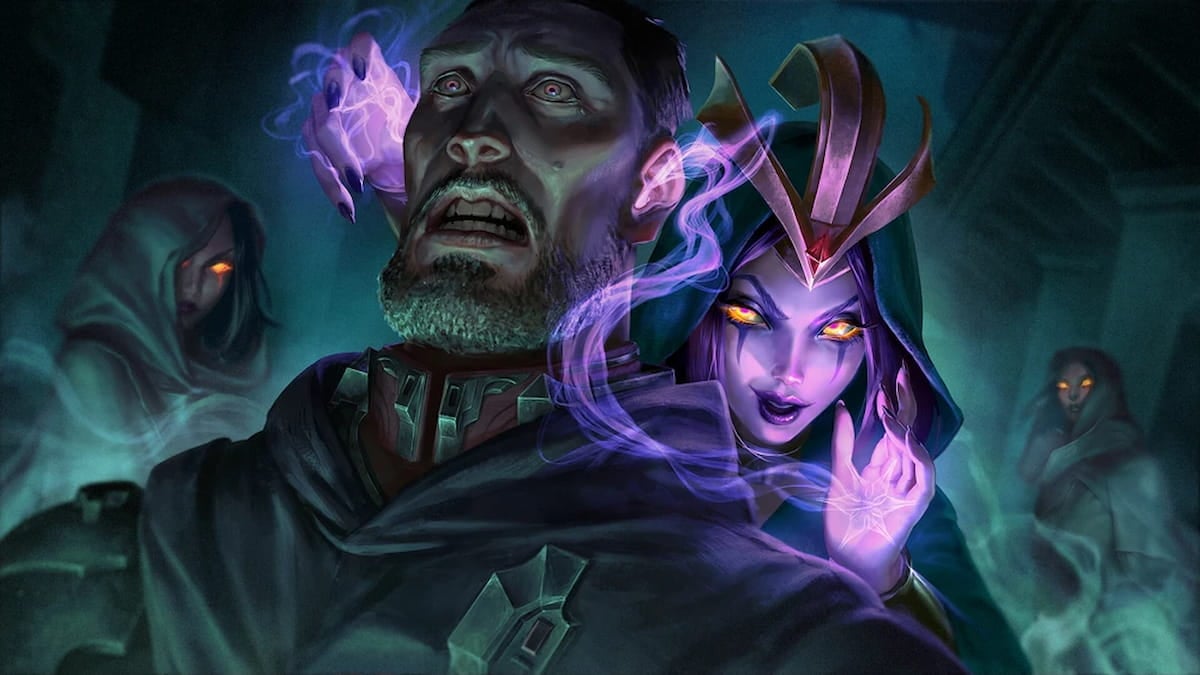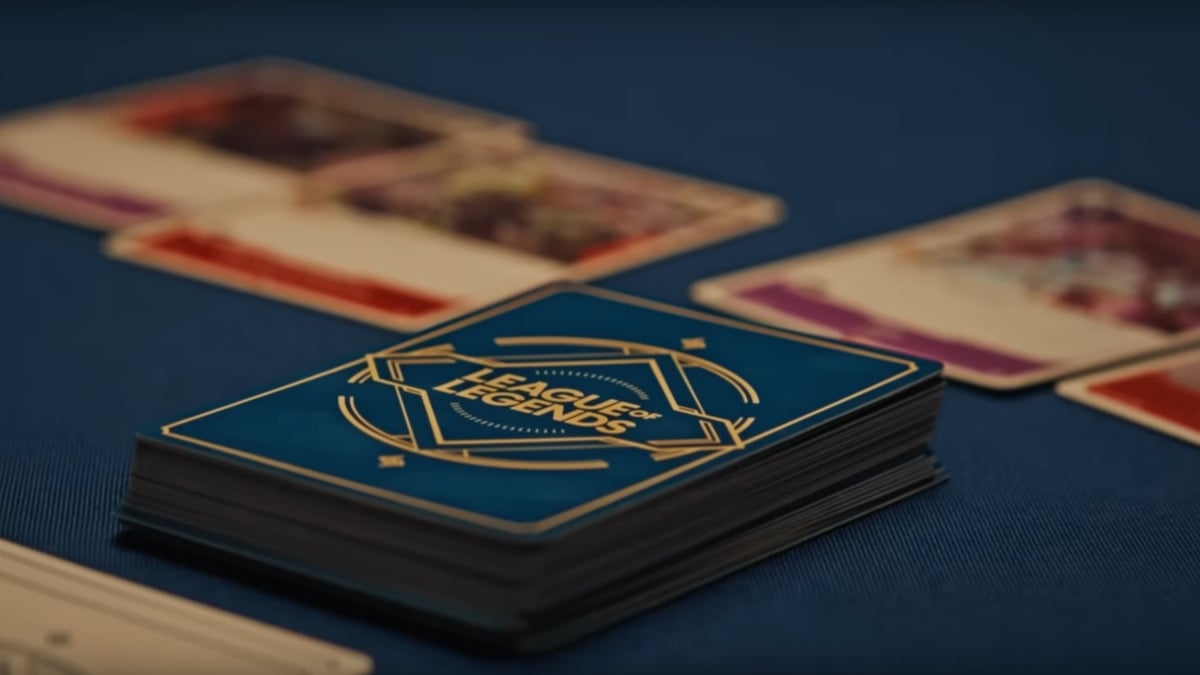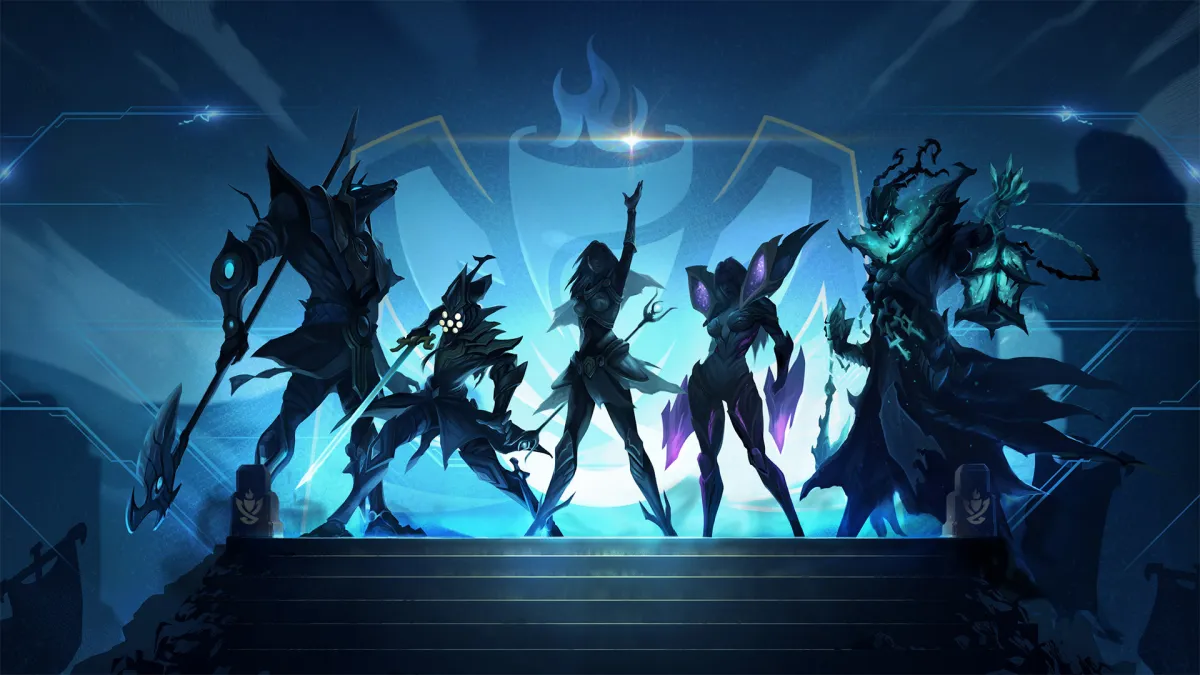Both upcoming semifinals in the NACS playoffs, Ember vs. Team Dragon Knights and Apex vs. Team Liquid Academy, are rematches of the final week of the regular season, giving us spectators a rare, exceptionally relevant case study on which to base expectations for the semifinals. This article will look into those matches and outline what each team needs to do to succeed and ultimately inform some predictions.

Ember vs. Team Dragon Knights
I have to admit, I lied just a second ago there. This article is obviously predicated on the assumption that we can look to these teams’ recent matchups to predict the series, but TDK’s roster changes have rendered this more or less impossible for the first semifinal. To recap, TDK traded Seraph and Ninja to Renegades in exchange for RF and Alex Ich. It’s also unclear whether Bischu or the newly-acquired Trance will start for them at support. So the face and dynamic of the team has changed entirely, making my analysis more speculative than I’d normally like it to be.
Of course, Ember isn’t without their own pre-playoff roster change, bringing in Santorin in place of Contractz, who would inevitably be unable to play the promotion tournament should they get there due to age restrictions. This change is obviously not as drastic as TDK’s, but the effect could still be significant: if Santorin’s performance ends up being “good”, that will still be a downgrade from Contractz, who has played phenomenally all split. I see this change being potentially much more important in future rounds for Ember rather than in this semifinal, though.
Ember’s only immediate weak point that sticks out to me is Solo in the toplane. He reportedly shares some of the shotcalling burden along with Goldenglue, a role he ostensibly has not held on previous teams. Such a role would make it convenient to put him on simple, less micro-intensive champions such Malphite, as they have done multiple times. It just raises the question of whether his relatively small known champion pool (Malph, Poppy, Fiora) and relatively unspectacular performances can be exploited by RF and the rest of TDK. RF versus Solo was of course a common matchup in last split’s challenger series on Renegades and Cloud 9 Tempest, but honestly both were rarely the focal point of their respective teams. Jungle interaction and laneswap strategy will obviously play a part, but it will be interesting nonetheless to see if the dynamic of either of these players has changed since then.
The only other area with a clear skill differential is obviously at marksman, with LOD vs. ohq, but the vast majority of professional games are not remotely won by blowing out the other marksman in lane, or even by out-impacting the opposing marksman in the midgame as ohq has done fairly consistently. The marksman is too reliant on the rest of their team to have ohq wreck the faces of NA carries, as some fans may have hoped before the split. LOD can more than hold his own anyway; I anticipate ohq will play very well as usual, but I do not anticipate that being enough to win TDK games here consistently.
One might wonder if, despite the roster changes, TDK’s coaches and/or continuing players (Kez/ohq) would at least carry over their strategies and compositions from their last iteration, but RF and Alex’s pools have been so different enough from Seraph and [TDK’s midlaners] that it’s hard to imagine how this could happen easily. For example, TDK essentially managed to pick five engage-y champions (if Quinn counts) in g1 vs. Ember, but I can’t imagine RF daring to pick the unkillable Rammus top that was a big part of the victory for Seraph’s TDK. Their game 2 comp, a kind of pick/snowball/split the map style featuring Fiora/Rek’Sai/LeBlanc might be more attainable for neo-TDK, but at the same time I don’t think they will win many games where the pressure is on them to make the plays in the midgame–this would have been the case even with the former TDK.
The only real hope I see for TDK is that defeatist “scale to late game” kind of notion that won them game 1 vs. Ember, though that gameplan did not stink of desperation in the way a similar future plan would. The potential for an Ember breakdown that would allow such a lategame collapse to occur can be seen in their week 1 losses to Zombie-Apex, but Ember has progressed so much since that point (adding Stunt in place of Gleeb as well) that the Ember of week 1 is barely recognizable now.
Prediction: Ember wins 3-0
TDK’s level of basic teamplay and communication is an unknown quantity heading into this match, making any prediction a kind of shot in the dark. Most, including myself, would favor Ember of the balance of probabilities, just given an objective look at the situation: a decent team traded away two of their most impactful players for two struggling players on a struggling team, who do not speak the same language as the rest of the team to boot. Synergy definitely isn’t everything, and especially in challenger one can imagine that the individual instinct of a new can overcome the rapport of an established one, but in this case it doesn’t seem to be in the cards for TDK. As mentioned earlier, top lane might be a possible area for TDK to exploit, but Ember is likely too solid everywhere else. TDK weren’t even a proactive team to begin with, and their roster changes don’t seem to have remedied that. Any game TDK takes will be on the back of a lategame teamfighting/scaling comp, and likely a decent amount of misplay by Ember.
Apex Gaming vs. Team Liquid Academy
Fabbbyyy is the most important player in the Apex/TLA matchup, as I’d posit that he is the best bellwether of TLA’s success (or lack thereof). If Fabbbyyy is getting kills, TLA is doing well, and if Fabbbyyy is dying, TLA isn’t doing well. To be sure, this will likely be true of any good marksman, but I’m not sure the same can be said for Police, whose actions both and bad seem to have much less bearing on the result of Apex’s games. Take game 1 of their week 5 matchup for example: Fabbbyyy was snowballing hard on Draven (started 5/1), and Police was barely scraping by (1/3), but once TLA had to venture on the map to pressure, they could not deal with the overwhelming engagers that were gunning for Fabbbyyy every teamfight, and eventually lost. The point is slightly exaggerated due to the very nature of Draven, but I think it still stands for other games.
From a strategic perspective, Fabbbyyy’s effect can be noted as well. While TLA waited to reveal that they were going for a Draven comp in that game 1, Apex still had plenty of room to pivot to a TF/Malphite combination to shut it down. Even with Smoothie going off on Alistar and trying his best in the peeling game, Apex’s engage proved impossible to deal with in multiple fights. In game 2, TLA went for a very similar comp except with Lucian and Nidalee instead of Draven and Gragas, while Apex opted for a more passive, protective comp with Darius/Lulu/Kalista. TLA benefitted from putting Akaadian more in his comfort zone (ended the game 6/1), allowing him to match the massive game impact Shrimp (ended 4/0) was putting out on Lee that game. This indirectly also took pressure off of Fabbbyyy and generally made their comp more dynamic.
Akaadian would go on to make a number of plays throughout the game, being the main catalyst for his team’s midgame advantage, which was grinded out over numerous back and forth ganks and skirmishes. Even with Fabbbyyy having a relatively bad game, they capitalized off Apex’s mistakes well, partially I think because of their comp’s superior playmaking ability (Naut, Liss and Bard versus just a Lee Sin). Eventually they broke open the midgame at a breakneck pace, and ended in a swift 26 minutes. It was a great showing by TLA, but what doesn’t show in a bo2 that should show in a bo5 is that this performance was the exception rather than the norm for them. To put it another way, the only way TLA has a chance in this series is if Akaadian as well as solo laners Youngbin and Zig can step up like that every game, and raise their average level, not just for one game.
I don’t necessarily think this game 2 draft was bad by Apex, but it was perhaps a lesson that it pays off not just to have answers to Fabbbyyy, but to have a more proactive comp (read: lots of engage threat and more early game pressure) against a team that plays the first 15 minutes as actively as TLA. To that point, something unique about the interplay of these two teams is how contested and active their early/mid games, especially compared to some of Apex’s other matchups. To give an extreme example, Apex vs. TDK featured three (3) combined kills before 15 minutes combining both games–Apex vs. TLA had 18.
As an aside, I think this series and the fact that TLA didn’t vary their champions much while Apex did, was also telling of how truly strategically flexible both teams are. All of TLAs players can be more or less narrowed down to three or so picks, which they will rarely stray from, while Apex, at least for their more seasoned players (Cris, Keane, Xpecial) have a history of playing much more varied champions and roles. Additionally, the fact that Apex doesn’t need to spend bans on their opponent’s most valuable player because of their ability to counteract him with the nature of their composition could also prove to be a huge boon for them. At the end of the day, Apex is coming into this matchup with a strategic advantage both in how the teams matchup and overall macro understanding, as evidenced by their stronger showings in general.
Prediction: Apex wins 3-1
Simply put TLA’s main strength to this point has been Fabbbyyy, and it’s all too easy for a team as good as Apex to preempt any marksman-centric strategies or otherwise adapt to them in the draft. This puts the onus on TLA to change things up either in the draft or in the game, and while there were glimmers of this in that game 2 vs Apex, and it’s too hard to see that happening over a best of 5. Perhaps this is phoning it in too much for Apex, but to be quite honest they could have been phoning it in all split, and it’s gotten them this far; Apex’s status quo gameplay is simply better. I ascribe TLA taking a game to either Apex letting their guard down, other members of TLA stepping of massively (especially Akaadian), or a combination of the two, but I don’t think these events will happen consistently enough for TLA to string together three wins.






Published: Mar 8, 2016 07:03 pm